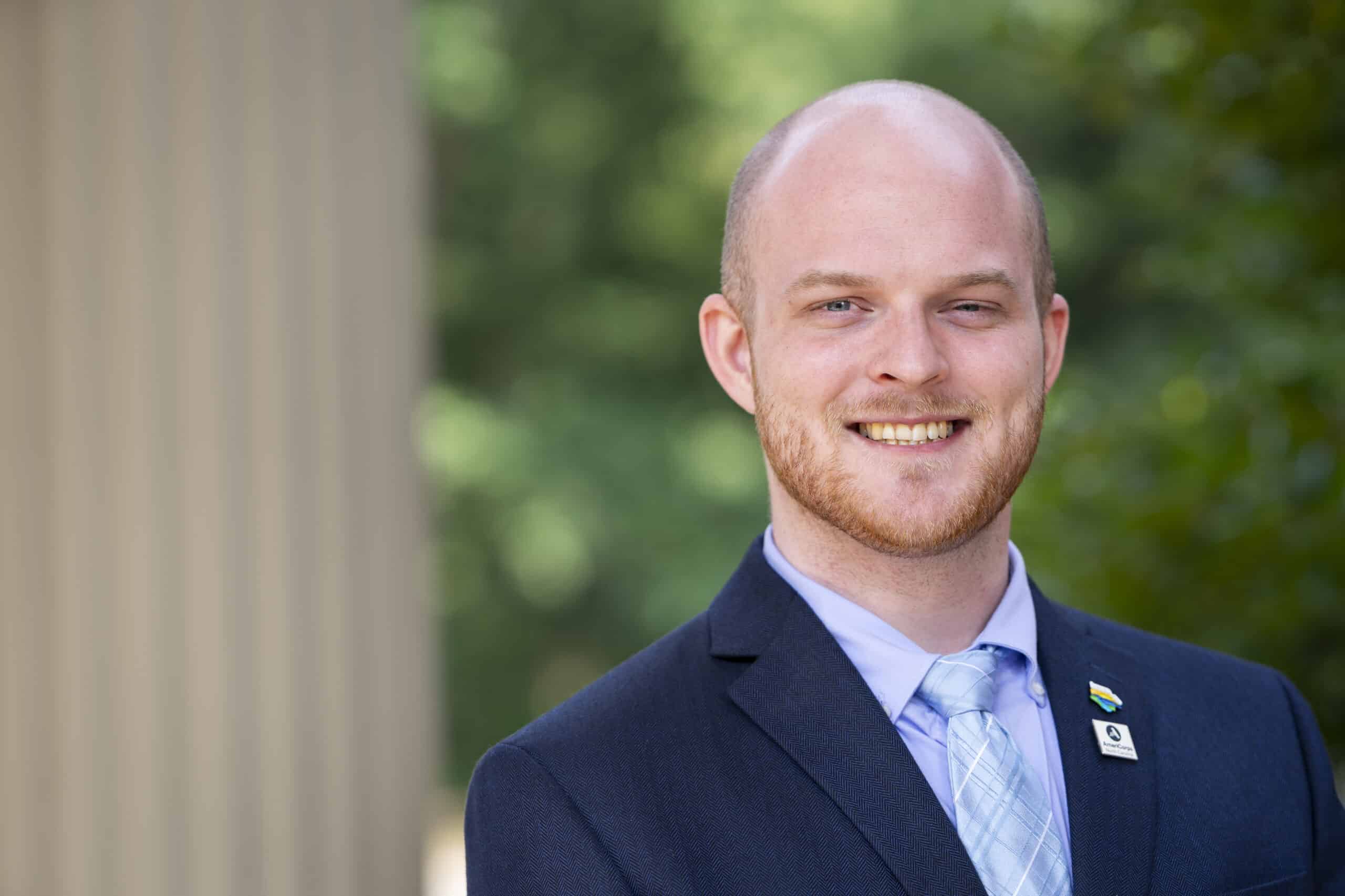
This post was written by current student Ushni Gupta.
As the Southern California wildfires continue to rage with devastating consequences, the need for strong leadership at the local level has never been more apparent. California wildfires are no longer seasonal crises—they are a year-round threat exacerbated by climate change and the expansion of development into fire-prone areas. At the forefront of combating these disasters are local community leaders, from city officials to fire chiefs, whose leadership is essential to safeguarding lives, protecting property, and fostering resilience in the face of growing wildfire threats.
Fostering community is critical to minimizing loss of life and ensuring that the infrastructure needed to protect residents is in place. Local leaders play a pivotal role in guiding their communities through all stages of wildfire response. During active fires, they coordinate evacuation efforts, establish shelters, and communicate crucial safety information. After the fires are extinguished, they lead recovery initiatives, helping communities rebuild while prioritizing resilience through investments in fire-resistant infrastructure, vegetation management, and long-term planning to mitigate future risks.
Preparing leaders to navigate these challenges requires specialized training and knowledge, which programs like the Master of Public Administration at UNC-Chapel Hill provide. The UNC MPA program focuses on equipping future public service professionals with the skills needed to address complex crises like wildfires. With coursework in strategic communication, emergency management, public policy, and intergovernmental collaboration, the program develops leaders who can think critically, act decisively, and inspire communities during times of crisis.
As the frequency and intensity of wildfires continue to rise, the importance of local leadership cannot be overstated. Programs like the UNC MPA ensure that future leaders are prepared to meet these challenges head-on, fostering stronger, safer, and more resilient communities in California and beyond.
Andrew Stephen Wright is a current first-year student in the UNC MPA program. Born and raised in North Carolina, his tenure at UNC began as an undergraduate student, where he double majored in Peace, War, and Defense and History. After graduating in 2021, he joined the Lead for North Carolina fellowship program and worked in the Ashe County Government planning department for two years. He is interested in local government management.
Each year, the UNC MPA program sponsors students to participate in conferences—including the North Carolina City and County Management Association (NCCCMA) seminar—and other networking events that support their interests and enhance their learning.

by Andrew Stephen Wright.
The NCCCMA annual winter seminar is always an opportunity to engage with and learn from our state’s vast array of public service professionals. I’ve attended two years in a row, first as a Lead for North Carolina fellow with Ashe County and now as an MPA student at the UNC School of Government, and I can definitely say it’s an almost mandatory event for an aspiring public servant in North Carolina. This year’s seminar offered fresh opportunities to learn about the issues facing our local governments in 2024, with sessions ranging from harnessing AI to provide more equitable and efficient services to strategies for winning competitive federal grant funds.
Two sessions, in particular, stood out to me for how they play into the changing face of local governments across our state. The School of Government’s own Leisha DeHart-Davis gave an in-depth look into the role of emotional labor in the everyday work of public servants, a concept we had just begun to study in her PUBA 723 course at the school. The ability to project calm and manage one’s emotions is, without a doubt, an asset to public service organizations, and this session ended up building off our class discussions on how to manage emotional labor without burning out.
I also had the opportunity to attend a session on organizational resilience, which centered around how local governments can and should adapt to accelerating change in the field. Panelists shared their experiences with organizational and community change, sometimes with simultaneous changes. The experience in Canton, NC, stood out to me most. The town was faced with retooling its long-term vision to account for the impact of COVID-19, widespread storm flooding, and the closure of a packaging plant vital to the local economy, all within two to three years. Bouncing back from these events alone would have been difficult enough, but all simultaneously seemed nearly impossible. It showed me that it takes a particular level of commitment and buy-in from the government and the community not to back down in the face of incredible adversity.
The public learning sessions were not the only high point of the seminar though. Our MPA students had several unique opportunities to engage with public servants from across North Carolina, thanks to the work of the School of Government and NCCCMA in tandem. The alumni breakfast was a chance for past and present students to meet, eat, and, for many of us, job hunt in the context of our shared MPA experience. Every MPA student is looking for a job, and many alumni were there with openings to match. Later that same day, students had the chance to sit down for discussions on how to succeed in local government, including skills and tips on building up competitive resumes and cover letters.

The NCCCMA seminar is quickly becoming one of my favorite annual events, as it allows me to network and develop knowledge alongside public servants from various backgrounds, work experiences, and locations. At the same time, everything feels rooted in doing the best for North Carolina and its residents, and we can walk away knowing we’re building a toolbox that we can take with us into public service, whether we’re students just starting down the path, or long-time career professionals keeping ahead of the game. Without a doubt, I look forward to the 2025 event and the fresh ideas and opportunities it will bring.